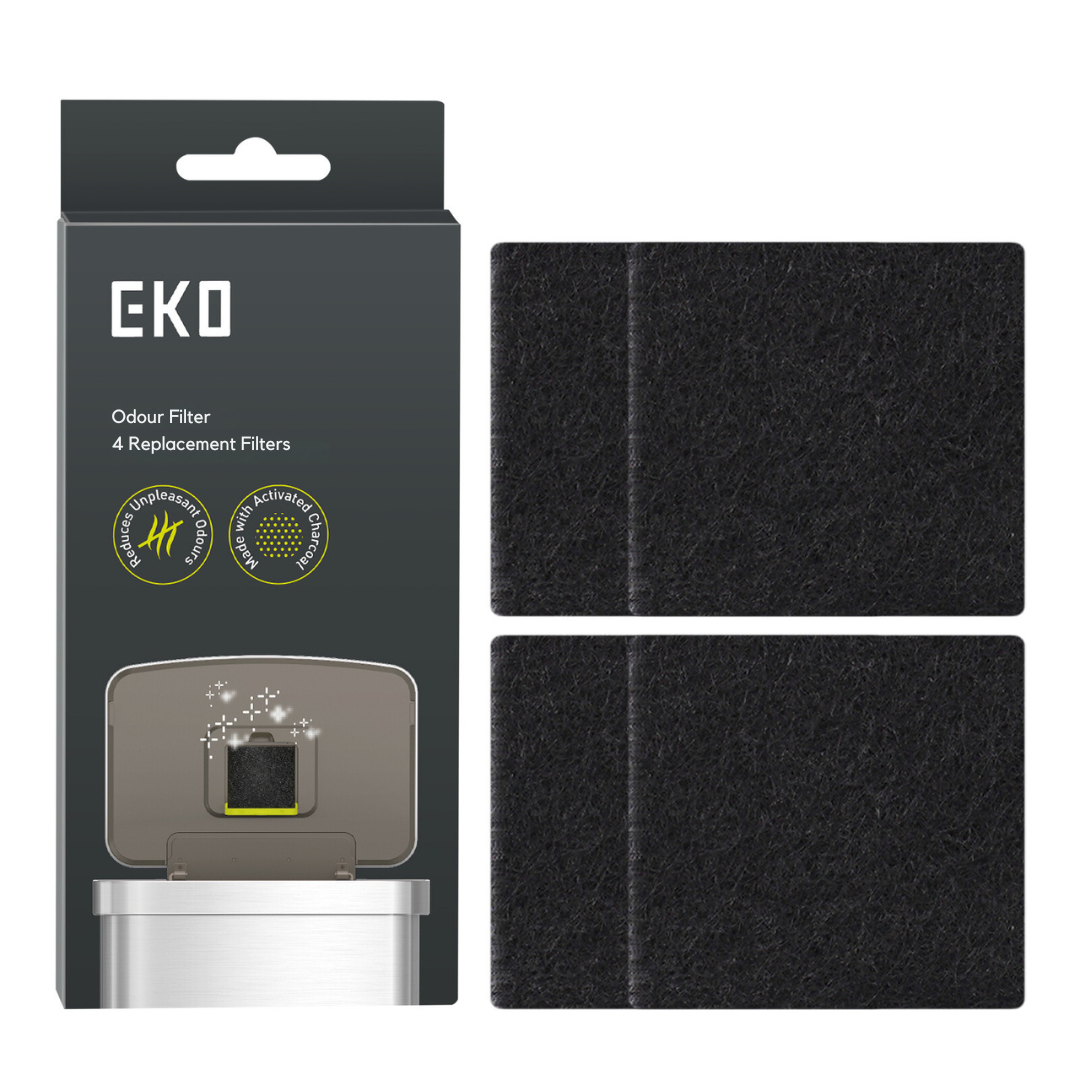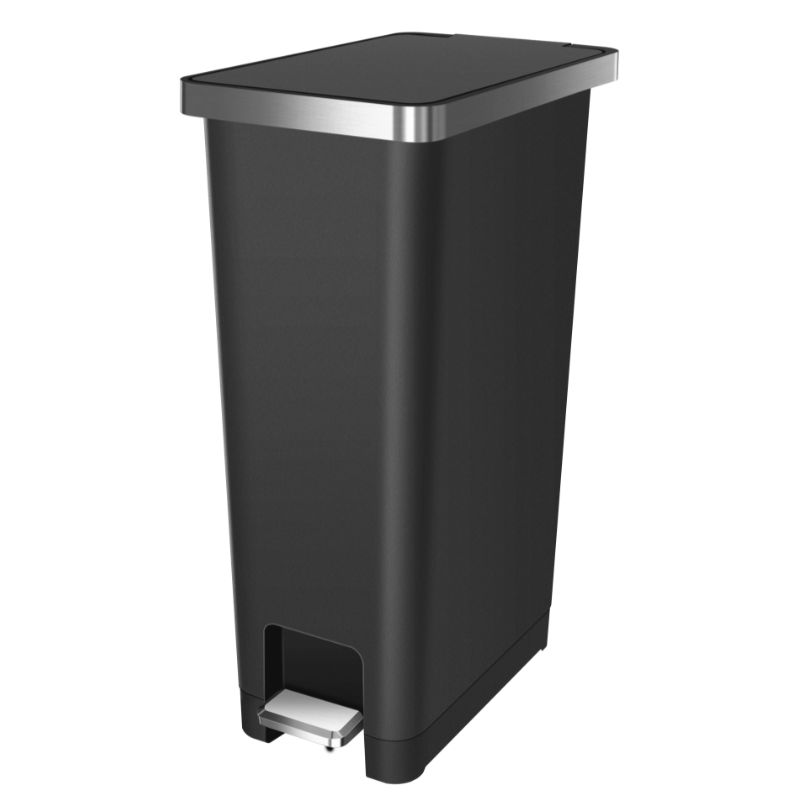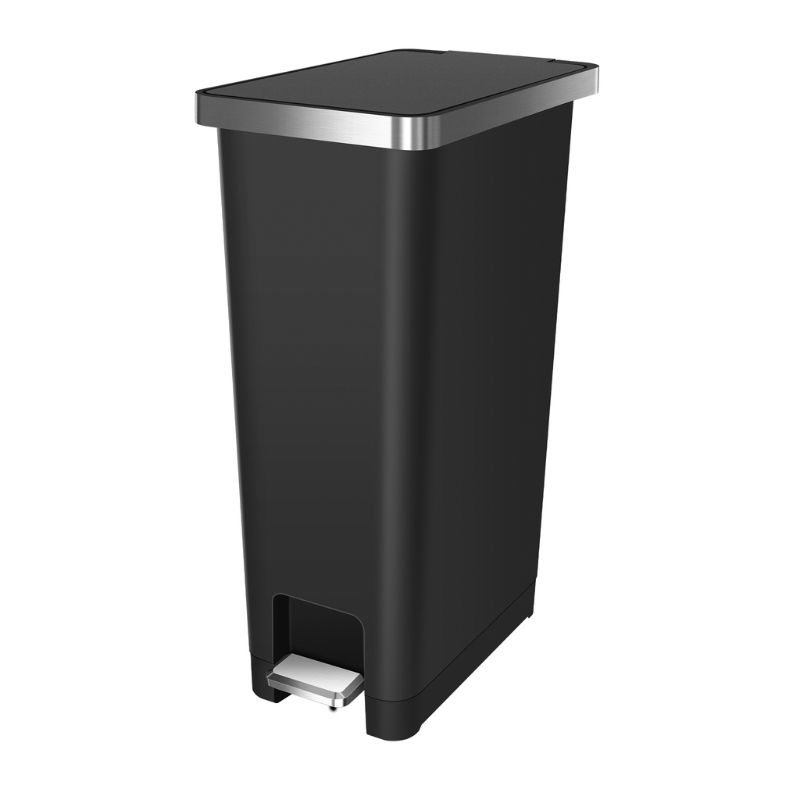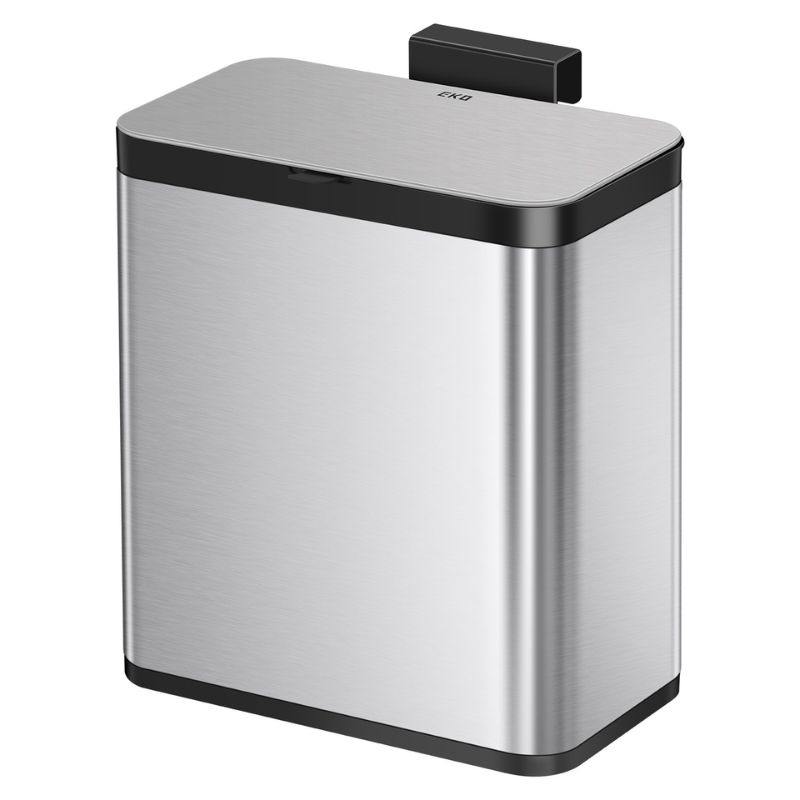Whether you’re a private homeowner or in the hospitality industry, few enjoy dealing with their bins. Yet, cleaning these waste containers is occasionally necessary to avoid bad smells or, worse, maggot infestation.
Commercial enterprises like hotels, restaurants, or property management companies can opt to have their bin cleaning handled professionally. However, those who prefer a DIY approach or seek tips to prevent unpleasant odours will find this article quite useful.
Cleaning Bins: Vinegar Against Bacteria The household waste bin or the commercial waste container for businesses is frequently used, leading to a rapid accumulation of dirt. Vinegar is an effective and affordable cleaning solution that kills bacteria inside the bin. Fill the bin with a mix of warm water and some vinegar, allowing the solution to work its magic. If necessary, scrub the inside with a brush – a toilet brush designated for this purpose works well. Remember to clean the lid’s rim with vinegar too.
Once cleaned, let the bin dry thoroughly in open air. Place it upside down on newspaper to let moisture escape, and only reuse the bin once it’s completely dry to prevent mould.
Alternatively, soda or dish soap can also be used for cleaning, following the same procedure as the vinegar-water mix.
Cleaning Organic Waste Bins: Vinegar or Dish Soap When considering smelly bins, most homeowners think of the organic waste bin. Food scraps and kitchen waste, especially in warm weather, begin to decompose and emit odours quickly. The cleaning process for organic bins is similar to that of regular waste bins. Fill it with warm water mixed with a bit of vinegar or dish soap, let it sit briefly, and scrub with a brush if necessary.
Maggots in the Bin: Water, Vinegar Essence, and Salt to the Rescue In the summer, regular and organic waste bins can quickly start to smell and attract maggots, the offspring of flies that lay their eggs in rubbish.
To tackle this issue, mix salt, vinegar essence, and water, and pour it into the bin. After allowing the mixture to work for a while, dry the bin thoroughly in the open air.
To prevent maggots, always keep the bin lid closed. If flies do get in, simple home remedies can prevent the formation of maggots. For example, spread some vapor rub inside and outside the lid, or hang a mothball in a stocking inside the bin.
Also, ensure to keep moisture out of your bins or absorb it effectively.
Preventing Bin Odour with Home Remedies A clean bin is key in preventing odours. After cleaning your bin, steps can be taken to maintain its cleanliness and odour-free state, thereby delaying the need for frequent cleaning.
To absorb moisture from waste, line the bottom of your bins with newspaper, old egg cartons made of cardboard/wood pulp, or untreated wood shavings. For regular waste bins, cat litter can also be effective. Wrap food scraps or kitchen waste in newspaper or kitchen paper before disposing of them in the organic or regular waste bin.
Coffee grounds, vinegar, or baking soda are excellent for neutralising smells, with baking soda also absorbing moisture. Vanilla essence, citrus peels, and peppermint extract are effective against odours, particularly in indoor bins. Placing some detergent in the bin liner can also prevent unpleasant smells.
In Summary: Affordable Home Remedies Are Effective You can easily and quickly clean your bins using inexpensive home remedies. Ingredients like vinegar are commonly available in most homes. With timely prevention, the necessity for frequent bin cleaning is greatly reduced.
Natural remedies such as coffee, fruit peels, and peppermint can also be effective in combating unpleasant bin odours.







